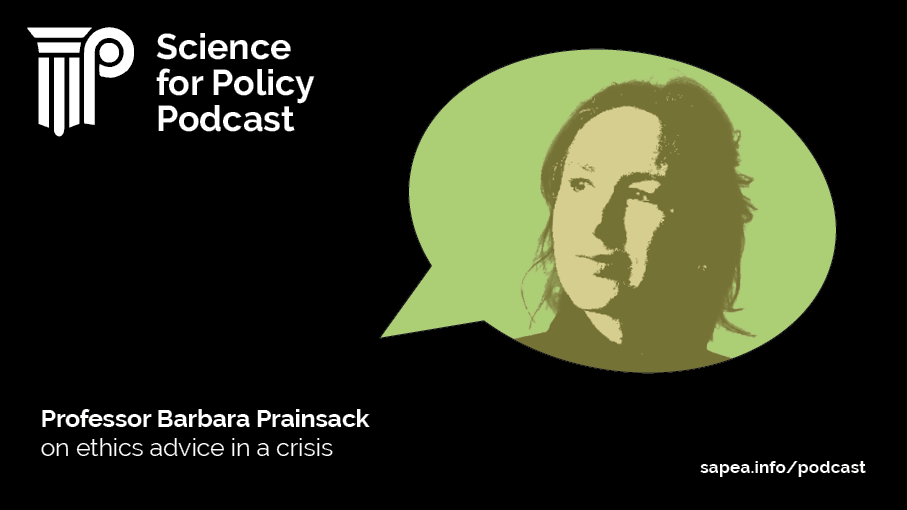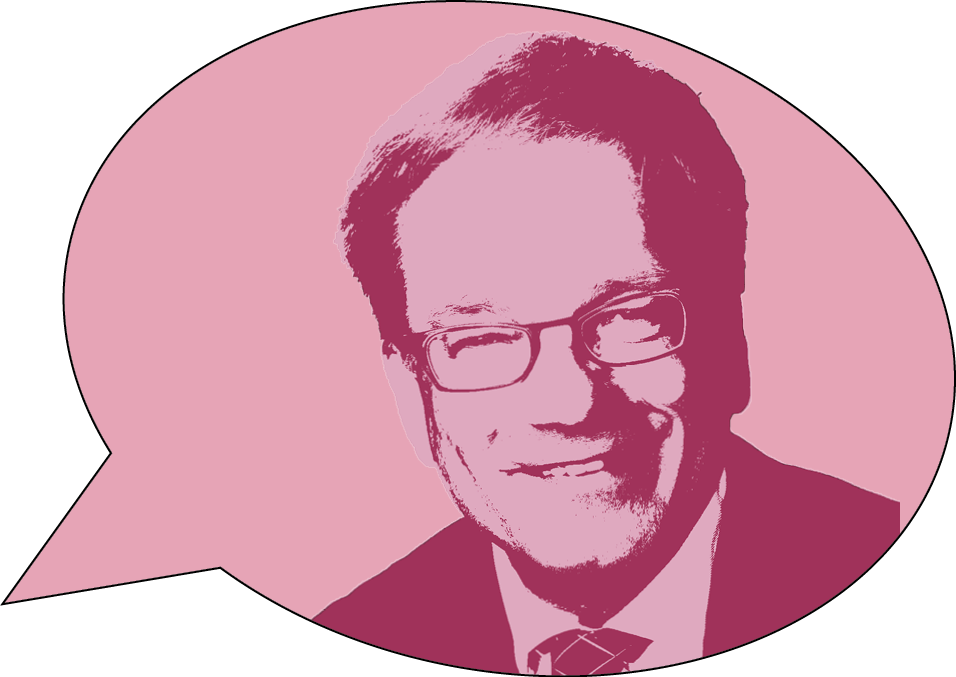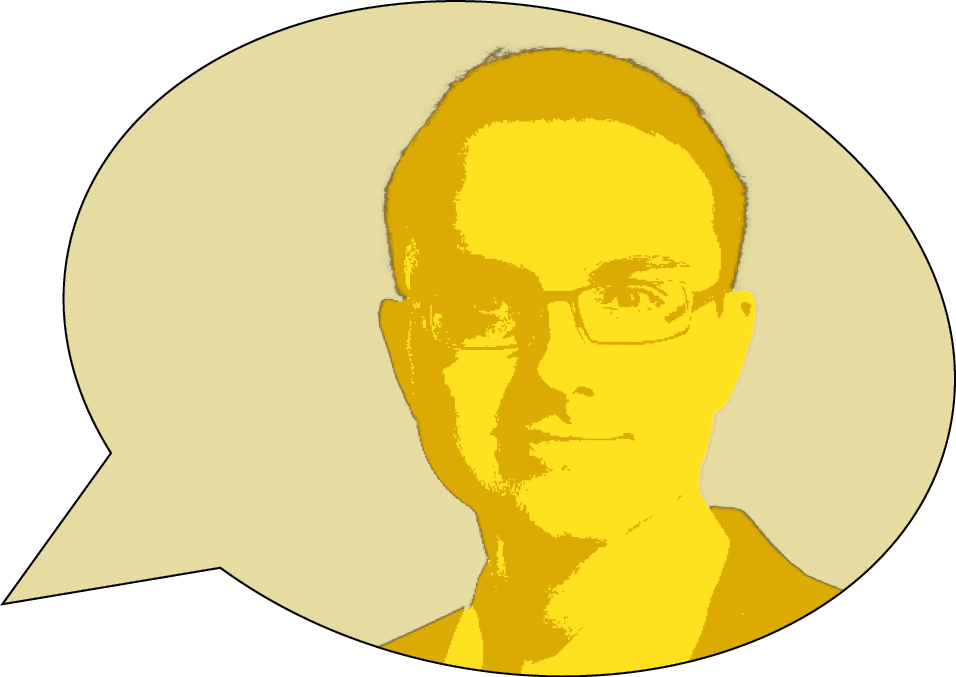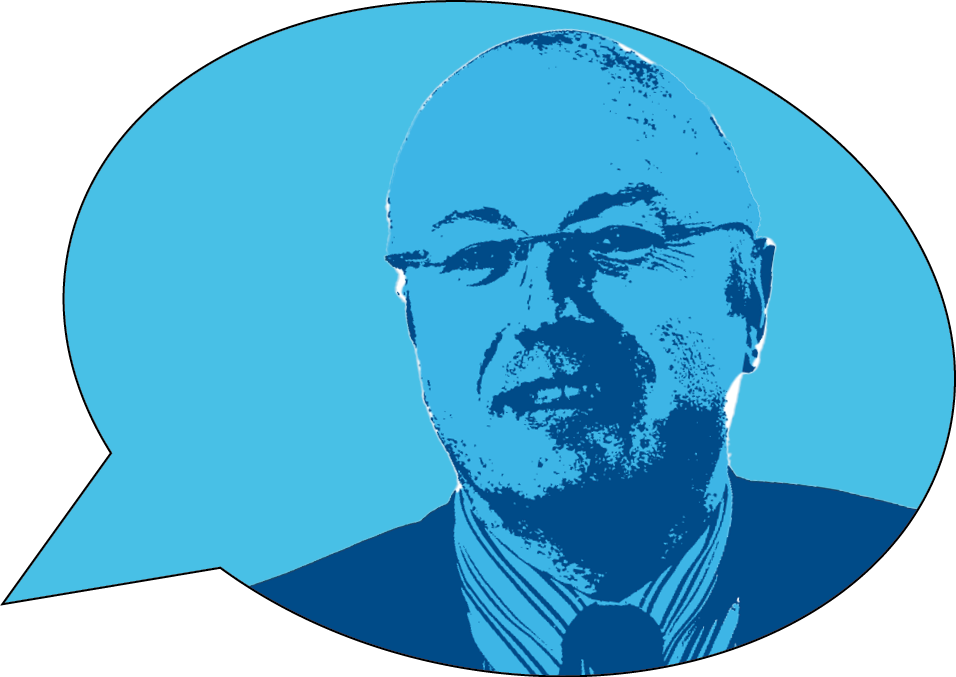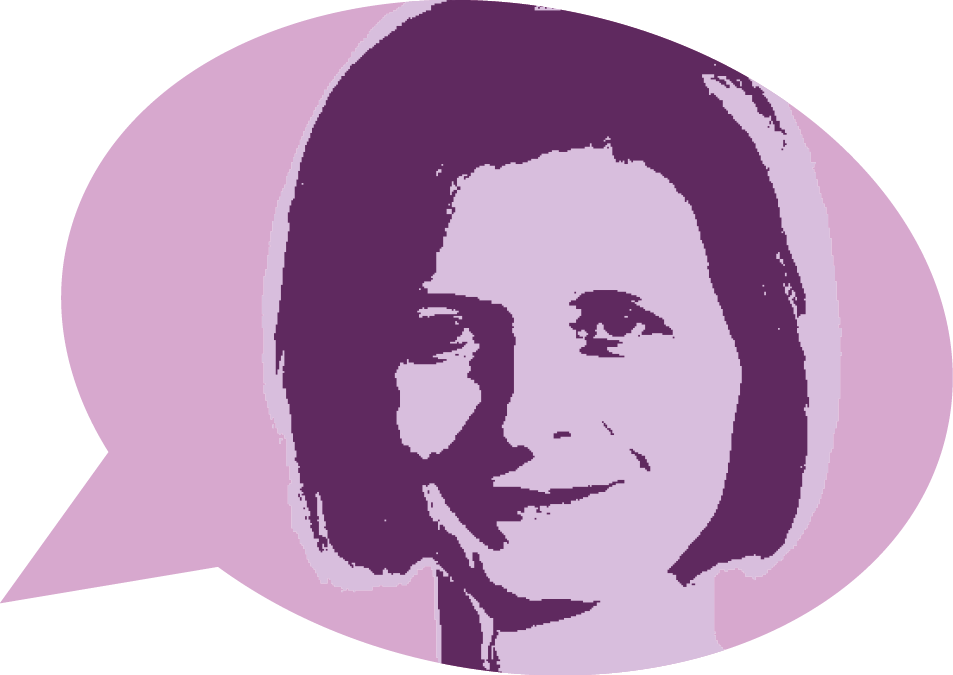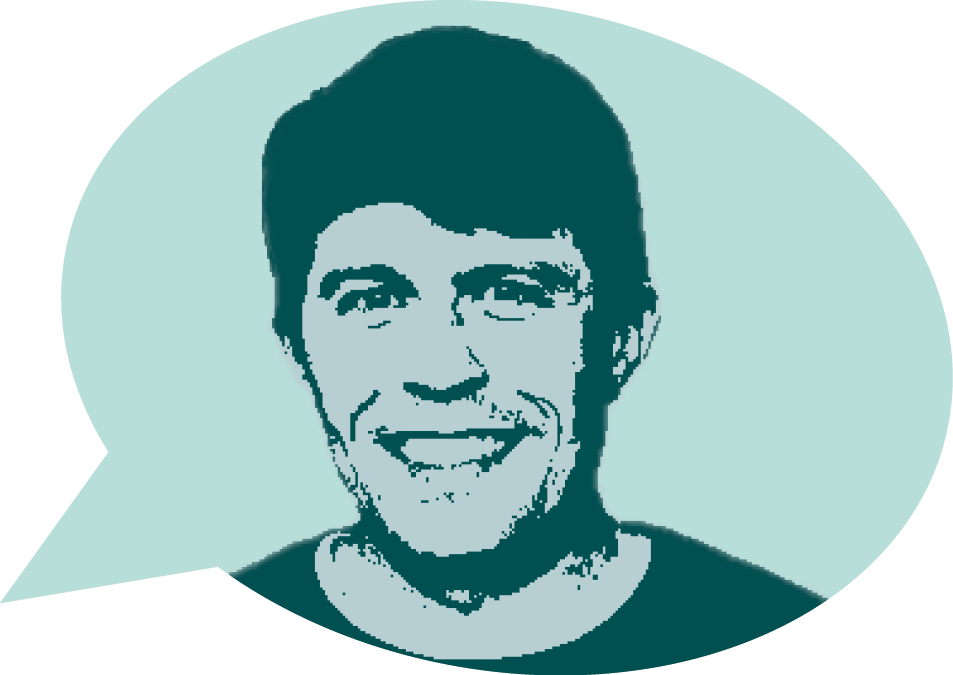Barbara Prainsack on ethics advice in a crisis
We live in an age of crisis — and the crises that we face are more numerous, more widespread and more overlapping than ever before. In the chaos of high-pressure, life-and-death policymaking, politicians could benefit not just from scientific advice but also from the input of ethicists. That’s where Barbara Prainsack, chair of the European Group on Ethics and New Technologies, comes into the picture.
